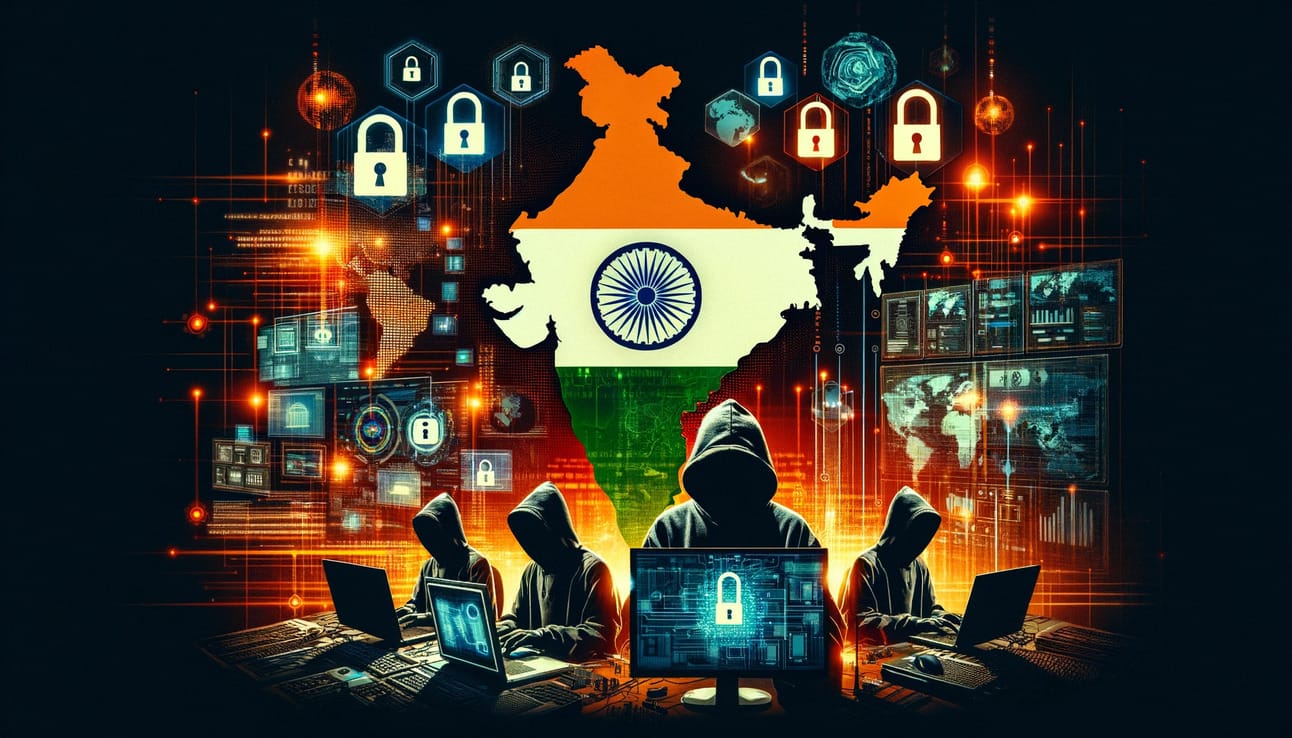CYBER SYRUP
Delivering the sweetest insights on cybersecurity.
Take control of your AWS spend and cut backup bills by 50%
As cloud adoption increases to run modernized applications, costs can quickly rise out of control. How do best-in-class companies manage their storage spend while continuing to grow the business? Clumio, a cloud-native backup solution, depends on cloud storage to run their entire business. They took a FinOps approach to optimizing their costs, and reduced their AWS dev costs by over 50%.
Indian Government and Energy Companies Attacked

In an alarming turn of events, Indian government entities and energy companies have become the latest targets of cyber espionage, shedding light on the evolving threat landscape in cyberspace. This sophisticated campaign, aptly named Operation FlightNight, leverages a modified version of an open-source information stealer, HackBrowserData, to infiltrate systems and exfiltrate sensitive data. The attackers cleverly masquerade their phishing efforts as official correspondence from the Indian Air Force, using Slack channels as innovative exfiltration points for stolen data. This maneuver underscores a growing trend among cybercriminals: the utilization of legitimate infrastructure to mask their malicious activities, making detection significantly more challenging.
The methods of the attackers is both ingenious and disconcerting. It begins with a phishing email containing an innocuous-looking ISO file, which when opened, executes a hidden binary that deploys the malware. A PDF, purportedly an invitation from the Indian Air Force, serves as both a decoy and a trigger for the malware's execution, showcasing the attackers' sophistication in blending traditional cyberattack techniques with psychological manipulation.
What sets this campaign apart is not just the use of Slack as a command-and-control channel but the depth of customization in the malware itself. The altered HackBrowserData malware extends beyond typical browser data theft, incorporating document siphoning and obfuscation techniques to evade detection. This adaptation reflects a concerning trend where threat actors not only utilize open-source tools but also refine them to enhance their efficacy and stealth.
The implications of such a breach are far-reaching. For the Indian government and energy sectors, the theft of financial documents, employee details, and sensitive operational information poses a grave security risk. This campaign's success, marked by the exfiltration of approximately 8.81 GB of data, demonstrates the critical need for robust cybersecurity measures and awareness.
Moreover, the revelation that the threat actors may have repurposed a decoy document from a previous intrusion adds another layer of complexity to the threat environment. It suggests a level of premeditation and resourcefulness among attackers, who are willing to invest significant effort into crafting believable lures for their targets.
The Operation FlightNight campaign is a stark reminder of the cybersecurity challenges facing industries and governments worldwide. It highlights the dual necessity of enhancing defensive capabilities against phishing attacks and the importance of ongoing vigilance in the face of innovative threat vectors. As attackers continue to evolve their tactics, leveraging open-source tools and legitimate services to fly under the radar, the cybersecurity community must adapt and respond with equal ingenuity and determination.
This incident also underscores a broader trend in cyber espionage: the democratization of cyberattack tools. By adapting and customizing freely available offensive technologies, even less skilled cybercriminals can launch sophisticated and damaging attacks. This accessibility increases the potential for widespread cyber threats, emphasizing the need for comprehensive security strategies that include both technological defenses and human awareness training.
Operation FlightNight is not just an isolated incident but a reflection of the sophisticated and evolving nature of cyber threats. It serves as a call to action for organizations and governments to reassess their cybersecurity postures, invest in advanced protection measures, and foster a culture of security awareness among their constituencies. As the digital landscape continues to evolve, so too must our approaches to defending against the myriad of cyber threats that seek to exploit vulnerabilities for espionage and disruption.

